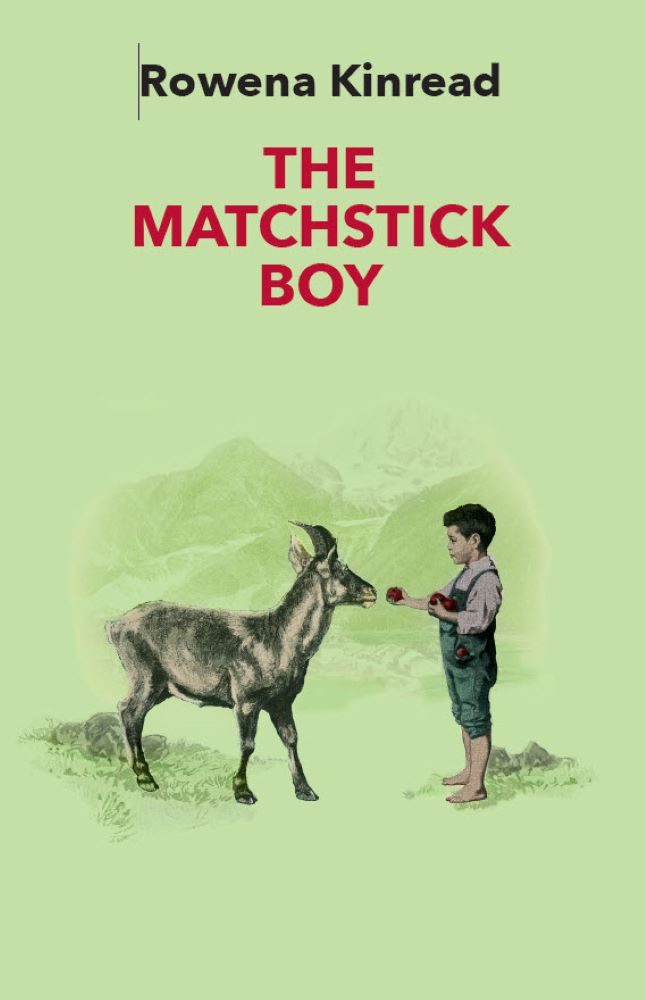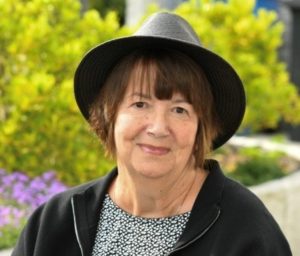Available from Amazon
When his young brother, Josef, is killed by a rock avalanche, Jakob believes it is murder. He had seen someone on the mountain ridge, above the scree, before it began to roll. But who would want to kill a child, and why? Jakob suspects Ramun, the privileged son of the owner of a matchstick factory, but nobody takes him seriously and he is powerless to obtain justice.
Thirty years later, Jakob’s profoundly deaf daughter is raped by Ramun and becomes with child. Determined to gain justice for his daughter, Jakob unearths a myriad of well-kept secrets in the tight-lipped community, but is anyone willing to tell the truth?
Just as he thinks he has uncovered all the facts, he realises he has made a vital mistake all along. Nothing is really as it seems.
If you have read any books by Robert Seethaler then you will enjoy this latest offering from Rowena Kinread.
The book is going on tour with The Coffee Pot Book Club between 20th and 24th November and the German translation will be available soon.
Rowena Kinread grew up in Yorkshire in the UK with five brothers and sisters and a collection of rather interesting animals, including a runaway tortoise!
She began writing in the nineties. She wrote several non-fiction books and articles for magazines in England and Germany.
After researching her ancestry and finding family roots in Ireland with the Dalriada clan, she wrote her debut fiction novel titled “The Missionary”. It is a historical novel about the dramatic life of St. Patrick. It was published by Pegasus Elliot MacKenzie Publishers Ltd./Vanguard Press in 2021, and has been highly appraised by The Scotsman, The Yorkshire Post and the Irish Times.
Her second novel “The Scots of Dalriada” was published by Pegasus in 2022 and centres around Fergus Mór, the founder father of Scotland and takes place in 5th century Ireland and Scotland.
Rowena lives near Lake Constance in Germany with her husband and has three grown-up children and several grand-children.
If you enjoyed your own display of fireworks this November, the chances are you lit your rockets with a match. There is far more to this humble piece of wood than meets the eye and the history behind this once essential item is fascinating and part of the story behind Rowena Kinread’s latest novel.
Based on a true story of events which took place in a remote Swiss valley in the mid-19th century…
The Matchstick Boy is full of lots of details about life in Switzerland at the time. It takes a great deal of effort and research to get this right so writing historical fiction is not necessarily for the faint hearted!
Rowena gives us some insight into her writing and how she came to choose historical fiction.
When did you first realise you wanted to be a writer?
I always wrote, even as a child. Silly stories, historical romances, later travel journals and a diary for the last seven years of my father-in-law’s life as he became increasingly senile and my husband and I looked after him. The diary was therapy for myself. However, I didn’t consider writing as a profession until I was in my 50s.
Where do you get information or ideas for your book?
Tracing my family history, I discovered that my surname ‘Kinread’ was derived from the Dalriada in Northeast Ireland. As soon as history involves your own ancestors, it becomes increasingly fascinating and I greedily devoured any information I could find on the Dalriada. For anyone else interested I particularly recommend Studies in the History of Dalriada by John Bannerman M.A., PhD, published by Scottish Academic Press.
With this information I wrote my first 2 books that both take place in 5th century Ireland and Scotland. “The Missionary” is about the life of St. Patrick and “The Scots of Dalriada” is about Fergus, the first King of Scotland.
The idea for “The Matchstick Boy” came after reading a newspaper article. I was surprised that Switzerland in the mid-nineteenth century used child labour in an almost Dickensian manner. I was lucky to be instructed on the true circumstances of rural life in Switzerland in this period by the historian and author, Ruedi Egli.
My WIP “Vanished” is a thriller about hidden Nazi treasure. It takes place in Berchtesgaden where my son works as a mountain guide for the German Federal Police.
How do you select the names of your characters?
First of all, the characters’ names must fit the time and place where they come from. Sometimes I use the internet to help me on this. For minor characters I often use the names of acquaintances, if they are suitable. Once I experienced great pleasure in moulding an evil character from someone I dislike with a barely disguised name. (The person didn’t notice).
What is the most difficult part of your writing process?
Quite honestly: getting it printed! I had previously written many non-fiction books and articles and easily found publishers wanting to print my work. I hadn’t realised that fiction was an entirely different matter.
What part of the book was the most fun to write?
The intricacies of the plot.
How do you celebrate when you finish your book?
With a day off and lunch somewhere nice.





